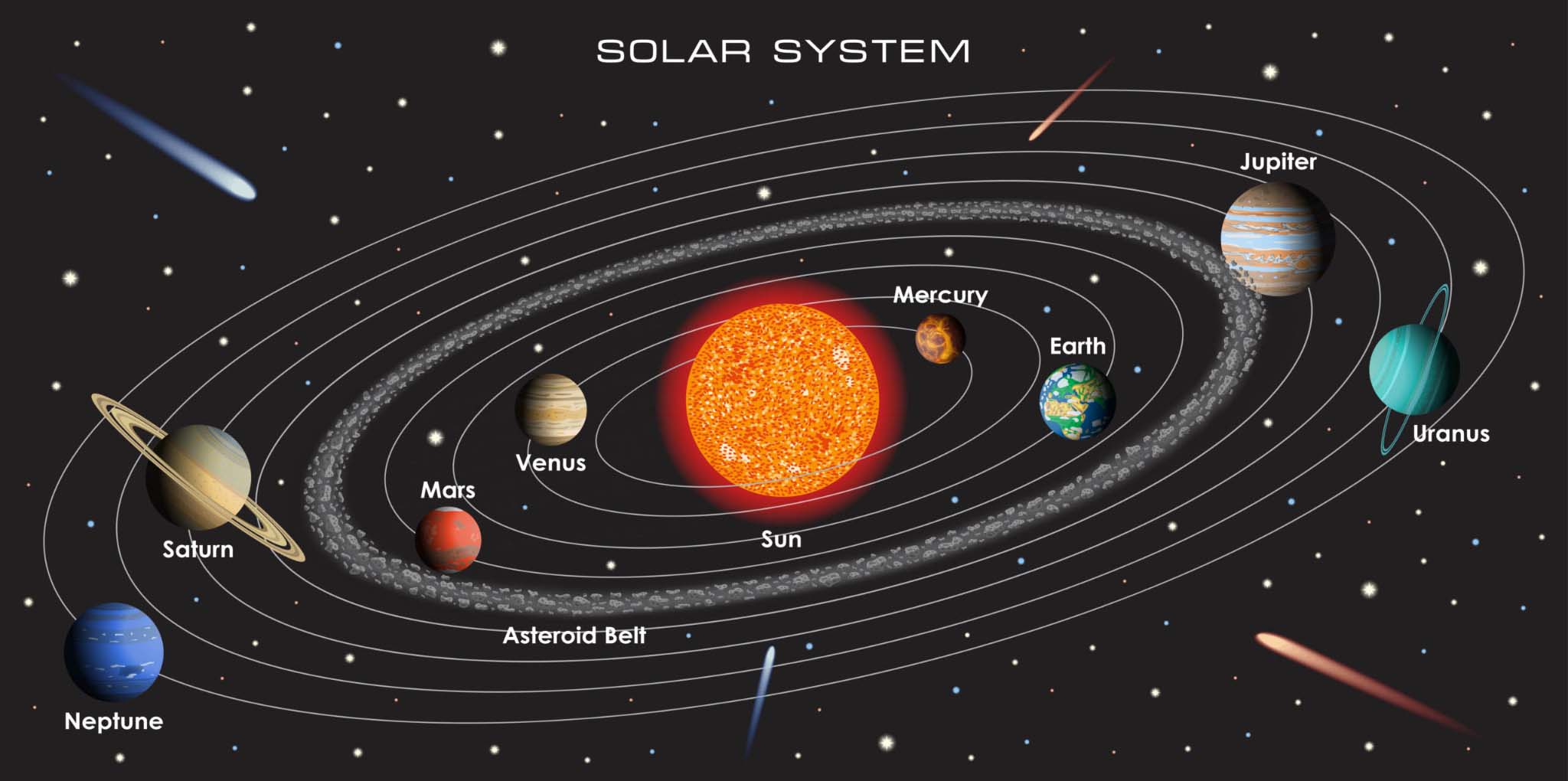Rapid Fire
Mystery Behind Venus’ Extreme Dryness
- 23 May 2024
- 2 min read
Recently, scientists have suggested that a reaction, called the HCO+ Dissociative recombination Reaction (DR) that occurs above the surface of Venus, is responsible for the disappearance of water in the planet.
- DR occurs when HCO+ absorbs an electron and breaks up into CO and a hydrogen atom which then escapes into space, losing out water without evaporation.
- Other reasons cited by scientists:
- Venus’ harsh atmosphere caused by a greenhouse effect from CO2.
- Venus’ proximity to the Sun (heat and UV rays breaking down water molecules into H and O2 atoms).
- Other reasons cited by scientists:
- Venus (Earth’s twin) is the second planet from the Sun, and the sixth largest planet.
- It is the 2nd brightest natural object in the night sky after the Moon.
- Venus has no moon or satellite of its own.
- Only Venus and Uranus rotate in a clockwise direction on their axis, while others rotate in anti-clockwise direction.
- A day on Venus is actually longer than a year, as it takes longer for Venus to complete one rotation on its axis than to orbit the Sun.
- It is the 2nd brightest natural object in the night sky after the Moon.
Read More: Venus' Tectonic History






-min.jpg)